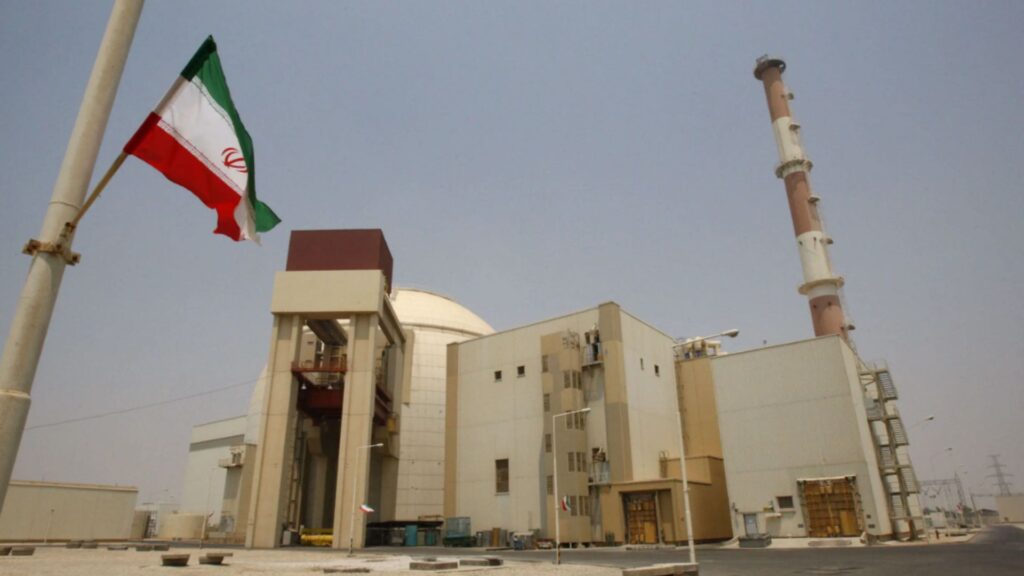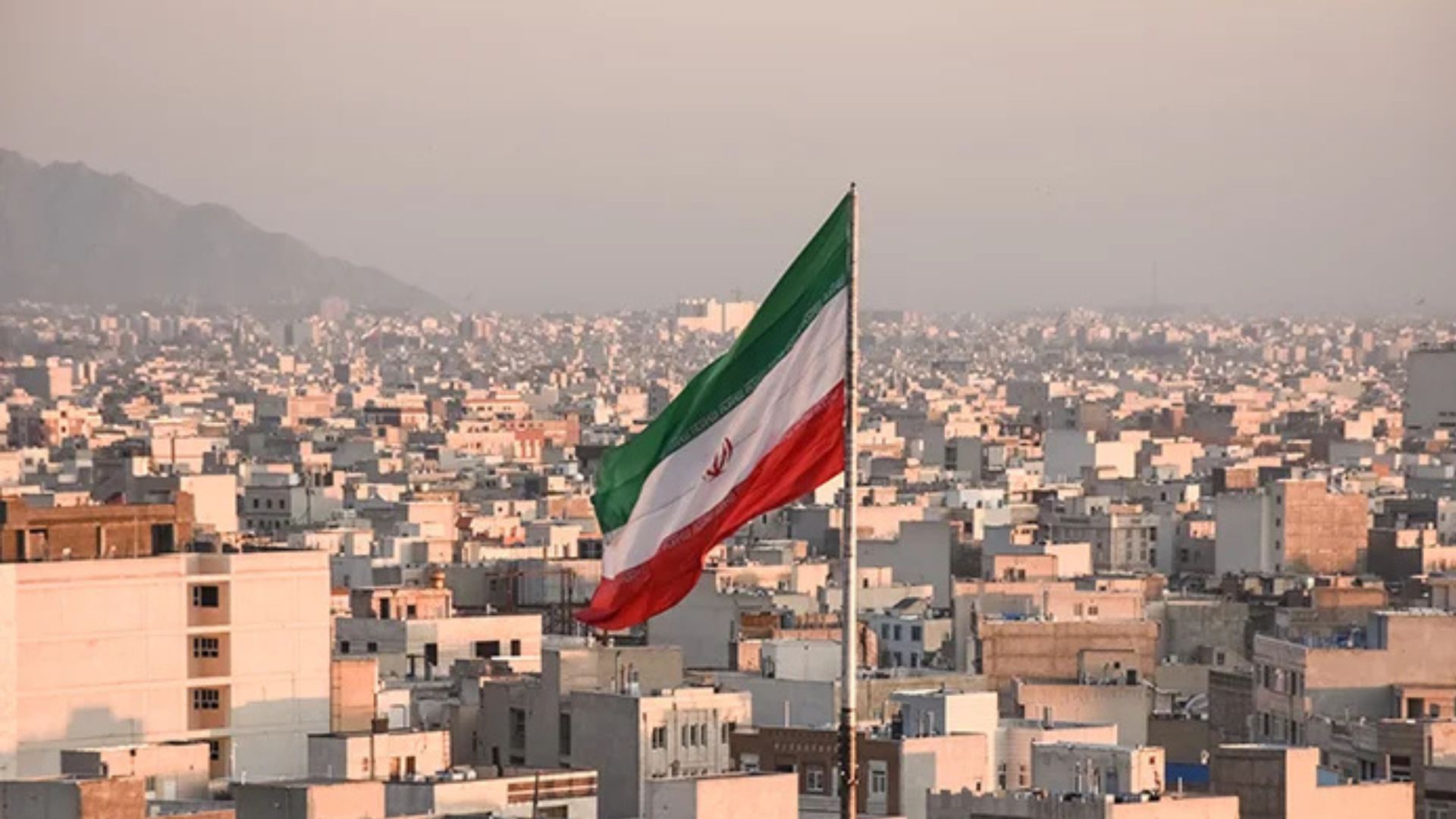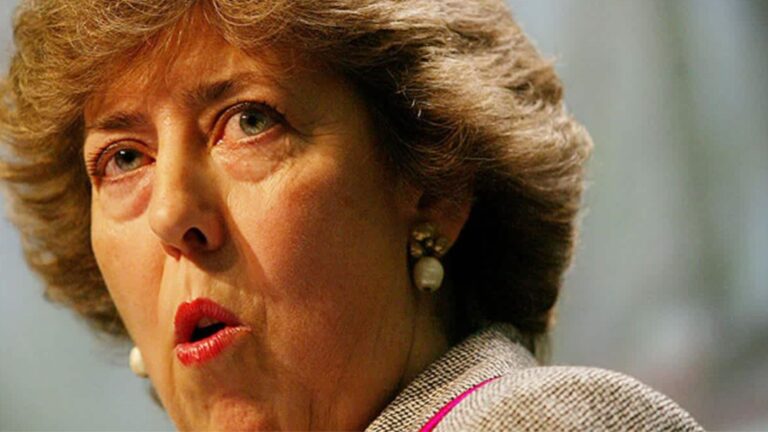
European officials issued their strongest warning yet to Iran on Wednesday, declaring that Tehran has failed to take adequate steps to prevent the automatic return of United Nations sanctions over its nuclear program by the end of September. The warning followed a high-stakes phone call between Iranian Foreign Minister Abbas Araghchi and his counterparts from France, Germany and the United Kingdom, along with European Union foreign policy chief Kaja Kallas, after which Germany’s Foreign Ministry stated that “Iran has yet to take the reasonable and precise actions necessary” to halt the snapback mechanism (Reuters).
Three Critical Conditions
On August 28, the E3 powers invoked the snapback provision of the 2015 nuclear agreement, triggering a 30-day countdown that will automatically restore comprehensive UN sanctions unless the Security Council intervenes. The deadline falls at the end of September 2025.
To delay the sanctions, Iran must:
- Resume nuclear negotiations with the United States
- Allow full IAEA inspections of all its nuclear facilities
- Provide precise information about its stockpile of highly enriched uranium
Tehran currently holds approximately 400 kilograms of uranium enriched to 60% purity, dangerously close to the 90% threshold needed for a weapon (Los Angeles Times). Although Iran reached an agreement last week to resume inspections suspended after U.S. and Israeli strikes in June, European diplomats reported “little progress” toward meeting their demands (IRIS France).
Iranian Defiance
Foreign Minister Araghchi dismissed the European ultimatum as “lacking any legal or logical justification” and warned that reimposed sanctions would immediately void Tehran’s cooperation with the IAEA. Iran’s Foreign Ministry spokesperson Esmaeil Baghaei called on Europe to show “goodwill,” while cautioning that continued pressure would signal that Europeans “do not accept the IAEA” (Associated Press).
The stakes are heightened by the impending expiration of the 2015 nuclear deal in October 2025, making this likely the last opportunity to invoke snapback. If activated, the sanctions would freeze Iranian assets abroad, halt arms exports to Tehran and penalize its ballistic missile program.
European leaders warned that reimposing UN sanctions could further destabilize a Middle East already “burning over the Israel-Hamas war” in Gaza, underscoring the diplomatic risk of pursuing maximum pressure amid regional turmoil. Despite these concerns, the E3 remain united in demanding verifiable Iranian compliance before the September deadline.












I don’t think the title of your article matches the content lol. Just kidding, mainly because I had some doubts after reading the article. https://accounts.binance.info/id/register-person?ref=UM6SMJM3
I don’t think the title of your article matches the content lol. Just kidding, mainly because I had some doubts after reading the article.